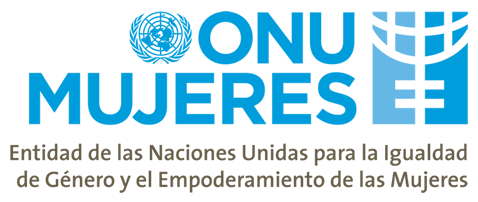CLC Comunicación is a consulting firm specializing in Communication, Public Relations, Corporate Social Responsibility Management, Public Affairs, Digital Marketing, and Marketing. With a renowned reputation and track record, as well as offices in Central America, it has been advising and supporting organizations and businesses since 2010.
The firm is comprised of a professional and multidisciplinary team that provides clients with comprehensive and personalized support, offering innovative and integrated products and strategies tailored to the specific needs of each organization and business, while employing monitoring and measurement techniques to ensure clients meet their business objectives.
For several years now, CLC has been affiliated with and responsible for the operations of the consulting firm Llorente y Cuenca (LLYC) in Central America, a leading company in reputation management, communication, and public affairs in Spain, Portugal, and Latin America, making it part of a network of over 16 offices and more than 550 professionals.
OUR PURPOSE
At CLC, we foster meaningful, transparent, innovative, and assertive communication between our clients and their key stakeholders. Our aim is to contribute to informed decision-making while building trust and encouraging thoughtful dialogue among all parties involved. At CLC, we believe that effective communication and stronger relationships between economic, social, and institutional actors drive human development in our region and contribute creatively and innovatively to building agreements and solutions for the future of our countries and regions.
METHODOLOGY
Every CLC service begins with an initial research process aimed at obtaining reliable and accurate information about the client's needs, their stakeholders or target audiences they wish to engage in dialogue with, and their position and context in relation to those stakeholders.
This research allows for the validation and calibration of the established objectives, particularly when services need to be provided immediately for practical reasons, without the opportunity to conduct a prior diagnostic assessment.
In this phase, various methodological tools are used, including surveys, polls, interviews, and others.
SOMOS
PARTE

Somos firmantes de Principios para el Empoderamiento de las Mujeres (PEM) que son un conjunto de principios que ofrecen orientación a las empresas sobre cómo promover la igualdad de género y el empoderamiento de las mujeres en el lugar de trabajo, el mercado y la comunidad. Establecidos por ONU Mujeres y el Pacto Mundial de las Naciones Unidas.

Somos parte del Catálogo de proveedores sugeridos por PROCOMER, la agencia del gobierno de promoción del comercio exterior.